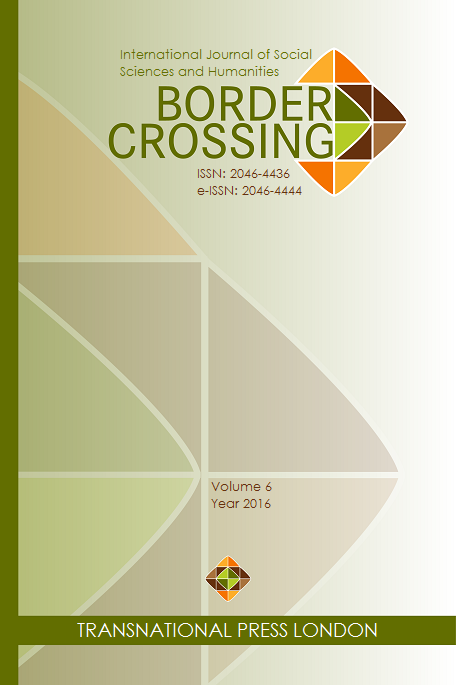Siyasal söylemde mağduriyet
Victimization in the political discourse
Author(s): Duygu Öztin PasseratSubject(s): Politics / Political Sciences, Social Sciences, Ethics / Practical Philosophy, Politics and society, Victimology
Published by: Transnational Press London
Keywords: political discourse; victimization discourse; rhetoric; ethos; pathos;
Summary/Abstract: Discourse consists of three components: source of the discourse: the addresser, addressee, and the discourse itself. Aristoteles, hence, identified the rhetorical evidences as ethos, pathos and logos concerning these three components. In other words, the addresser/speaker should be sincere and honest, appeal to the emotions of the addressee and use the language consisting of consistent and accurate argumentations to be able to have an impact on the addressee and persuade target audiences. The discourse appealing to emotions was called as fallacy and condemned by first Plato, the teacher of Aristoteles, then by Hamblin (Fallacies, 1970) and later by the contemporary linguists and argumentation scholars. However, Aristoteles and some contemporary linguists such as Plantin, Amossy, and Charaudeau have adopted the idea that it is necessary to touch upon not only the addressee’s minds, but also their emotions to make them believe what we talked. Because the discourse including the addressee’s emotions is more persuasive and effective. In this study, we aim at analysing the rhetorical, discursive and semantic characteristics of victimization discourse based on activating the humane sentiment of the listeners and arousing interest and sympathy. We are going to try to answer these questions like; how does the victimization discourse present in the political discourse? How does this discourse have a role in the persuading and the argumentation of the politicians to the target audiences?
Journal: Border Crossing
- Issue Year: 6/2016
- Issue No: 2
- Page Range: 136-149
- Page Count: 14
- Language: Turkish

